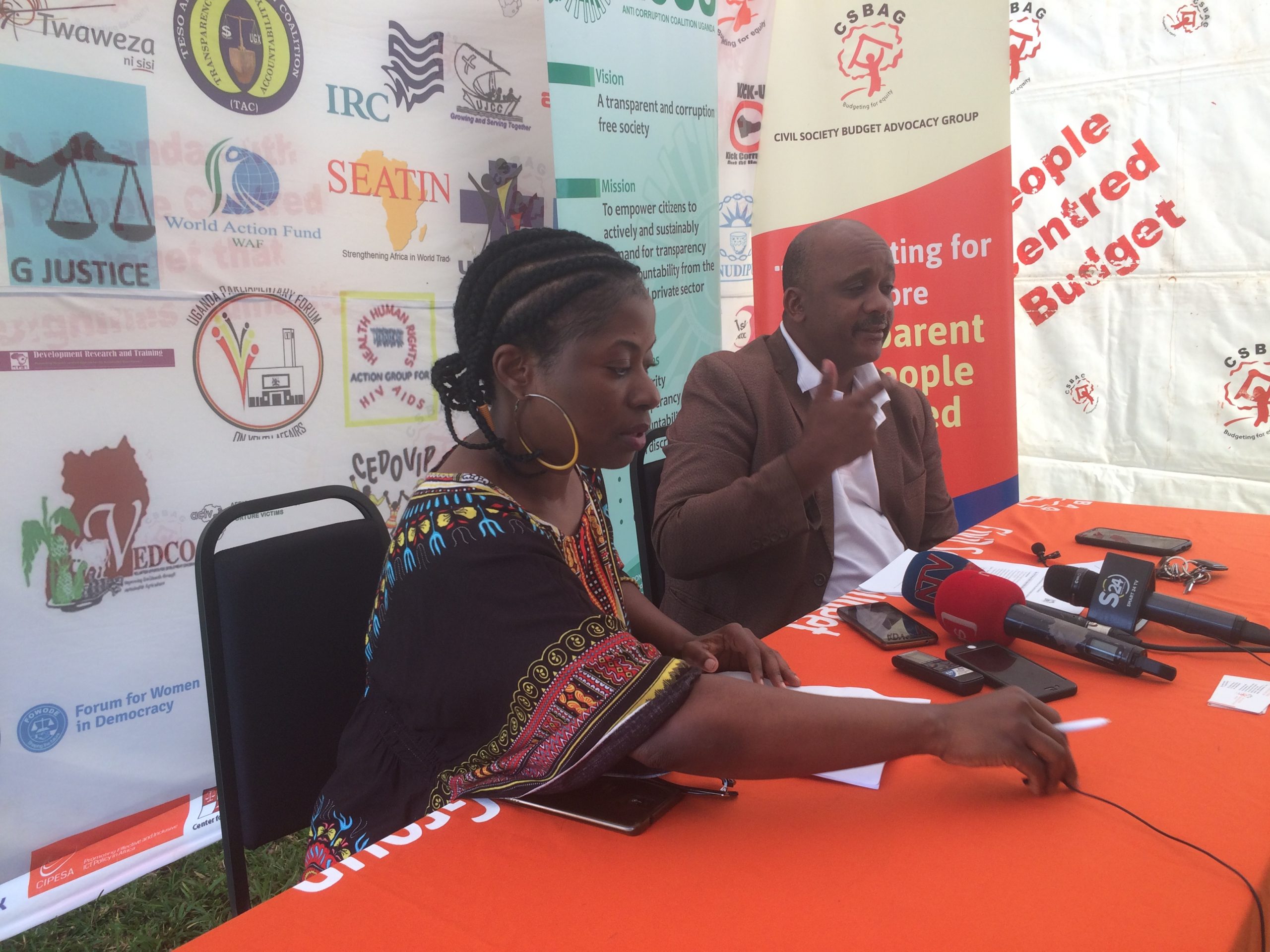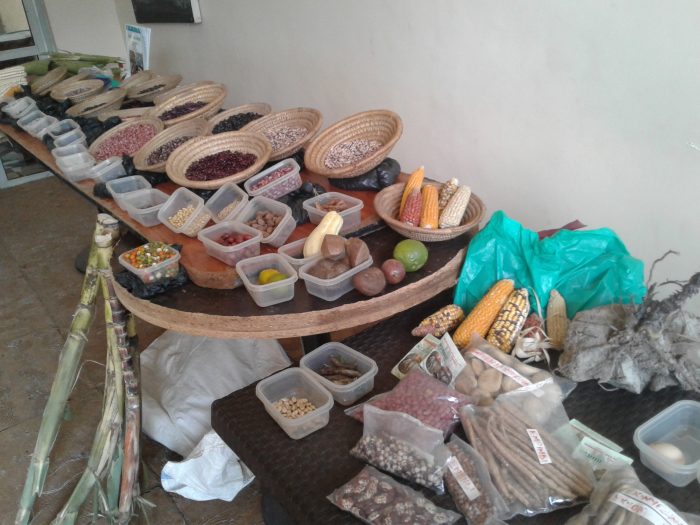By Damba Rogers
The executive director NEMA, Dr. Tom Okurut raises concerns over the shortage of marine experts in the country coupled with failure to carry out a hydrographic survey on all uganda’s water bodies.
Speaking at
the green growth meeting held today, Okurut attributes the recent high death on MV-Tempra ship to the very few water experts in the country’s marine and rescue
department who could do very little to help save the victims then.
He further
says, Uganda last had a serious water bodies survey (Hydrograhpic survey) in
2007 demarcating the depth of the waters as well as sighting the best parts to
have landing sites, this now leaves uganda’s water bodies with no clear marked
routes for boats and ships to move.
He further
says, this makes movement on Uganda’s waters very difficult and risk as passengers
can not easily tell which routes to use or take hence the high risks of moving
on Uganda’s water bodies.
Tanzania in
the region has carried out a survey which provides clear routes for water vessels
to take and not to take and also designates best fishing and aqua fishing areas
on the lakes and rivers which Uganda still does not have and this continues to
hinder fisheries growth.
With Uganda having over 60 islands, there is need to carry out a hydrographic survey to harness benefits found on these islands.
However, the commissioner environment sector services in the water and environment ministry, Mr. Mugabi Stephen is urging Ugandans to ensure protecting the natural resources available to ensure sustainable growth if the country is to attain the desired vision 2030.
Officiating
at the green growth meeting convened by the environment CSO network today,
Commissioner Mugabi notes that, failure
to protect primary environment like water bodies, forests, swamps than
secondary environment like Roads, dams, schools, hospitals among others will
cause damage to the existing environment which in the long run will be hard and
expensive to repair.
The deputy
executive director, EMLI-Bwaise facility, Robert
Bakika reminds Ugandans about the dangers of destroying the environment.
However, he
applauds the few Ugandans who have taken up the mantle to recycle waste into useful
products noting that this should be a strong reminder to all to always save the
environment for sustainable livelihoods.
Uganda’s
natural resources are fast being depleted by man with 15.6% hectares of forest in 1994 reduced to 8.4% in 2016. Annual
loss of forestry is estimated at 12000 hectares.
Though
forestry contributes 9% to uganda’s
GDP reduction currently is at the level of 11% which worries experts and conservatives.
END













